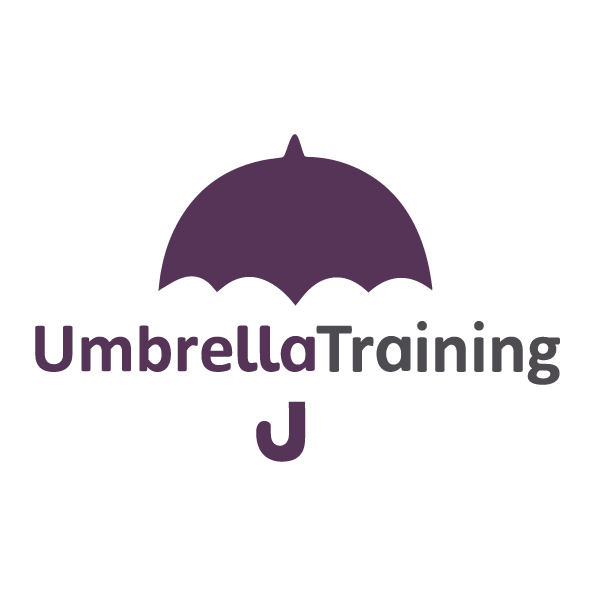Apprenticeship Case Study on Research Techniques in Apprenticeship Projects by Apprentice Victoria Parker
Meet Victoria
The prospect of tackling a 9,000 word project was initially daunting! Especially as I am dyslexic.
The tools provided by my tutors and the workshops were a great starting point, but the research process was most important in planning our projects.
What research techniques did you have to use in your apprenticeship project?
Firstly, using what you have already, then workshop course material which is available on OneFile plus my own notes. Notes are great reference tools! Take notes, lots of notes, draw diagrams, take pictures and share with your fellow apprentices.
As we went into lockdown and shifted our learning online, the Zoom tutorials were a lifeline. It was a great refresher of what we had gone through in our workshops.
Reach out, utilise contacts, and forge relationships. Colleagues and friends within the industry were a great help. Even if they didn’t have the answers most knew someone who did and it was good to have a catchup, breaking the monotony of lockdown. It is important to prepare and know what questions you want to ask to ensure you retrieve the right information for the desired goal.
I put together a questionnaire for some obliging colleges to build case studies on my chosen subject using Survey Monkey.
This helped me gather research from a broader audience of people within the industry across a variety of levels and backgrounds. It is important to use good quality data that is correct and factual, and not biased, consulting representation for all stakeholders where possible.
Where this wasn’t possible social media was a great tool. Following influential people, industry champions and leading companies provided a wealth of insight but none as much as The Superhero Webinars!
With the reading list I had compiled from the workshops, I filled my Audible library with audio Books.
There is no better excuse to lay in the sun all day when you are supposed to be studying! “I’m listening to an audio book” - it’s still research even whilst topping up your tan, walking round the park, during your morning yoga session or baking banana bread.
Just make sure you have a pen and paper to hand for notes and that you set a timer on the oven! No one likes burnt banana bread.
At times I did get stuck with some of the theories, methods and strategies whilst writing my project. It is easy to forget the order of Kubler-Ross’s five stages of grief, there is actually seven, and the six leadership styles, there is actually eleven! There is actually such a thing as too much research it seems.
So, if my notes didn’t help or I wanted to know more I would do a Youtube search on the given subject. Just make sure its applicable to what you are researching, and it is from a reputable source.
I used a separate document just for research to keep a record of all sources, websites, books, people and email addresses. This helped a great deal with putting my project together.
How difficult was it to learn how to do this?
You don’t know what you don’t know, and it can be daunting not knowing where to start, where to look, who to ask, and you don’t want to waste time looking in the wrong place.
Using The Business Project Template and The Project Criteria helped me to plan my project so I knew what I needed to research for each section.
Whilst it could be frustrating waiting for stakeholders to get back to me with requested information it didn’t delay progress with my project, as I would just go on to researching another section.
The research gathering part of my project was the most time consuming, but the most important part. I did start to panic when my word count wasn’t going up fast but when I came to put my case studies, survey data, charts and diagrams together I was 20% over my 10% allowance so had to start cutting back! It all came together in the end though.
What was the best bit about doing the project?
It made me realise how much I already knew giving me confidence, it taught me so much and enabled me to be a stronger manager.
It was also perfect timing. It gave me something to focus on during lockdown, not only keeping me sane but utilising this rare opportunity of having time to develop my skills and invest in myself.
How will you use the research methods in your day-to-day work?
I have learned that there are many diverse tools to be utilised for research, allowing me to continue developing new skills and knowledge.
I have improved my time management and planning skills and I am equipped to deal with a variety of situations, adapting my mindset to tackle challenges effectively.







